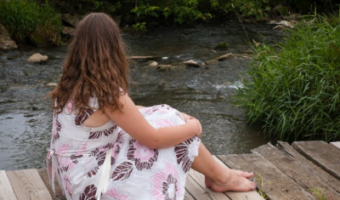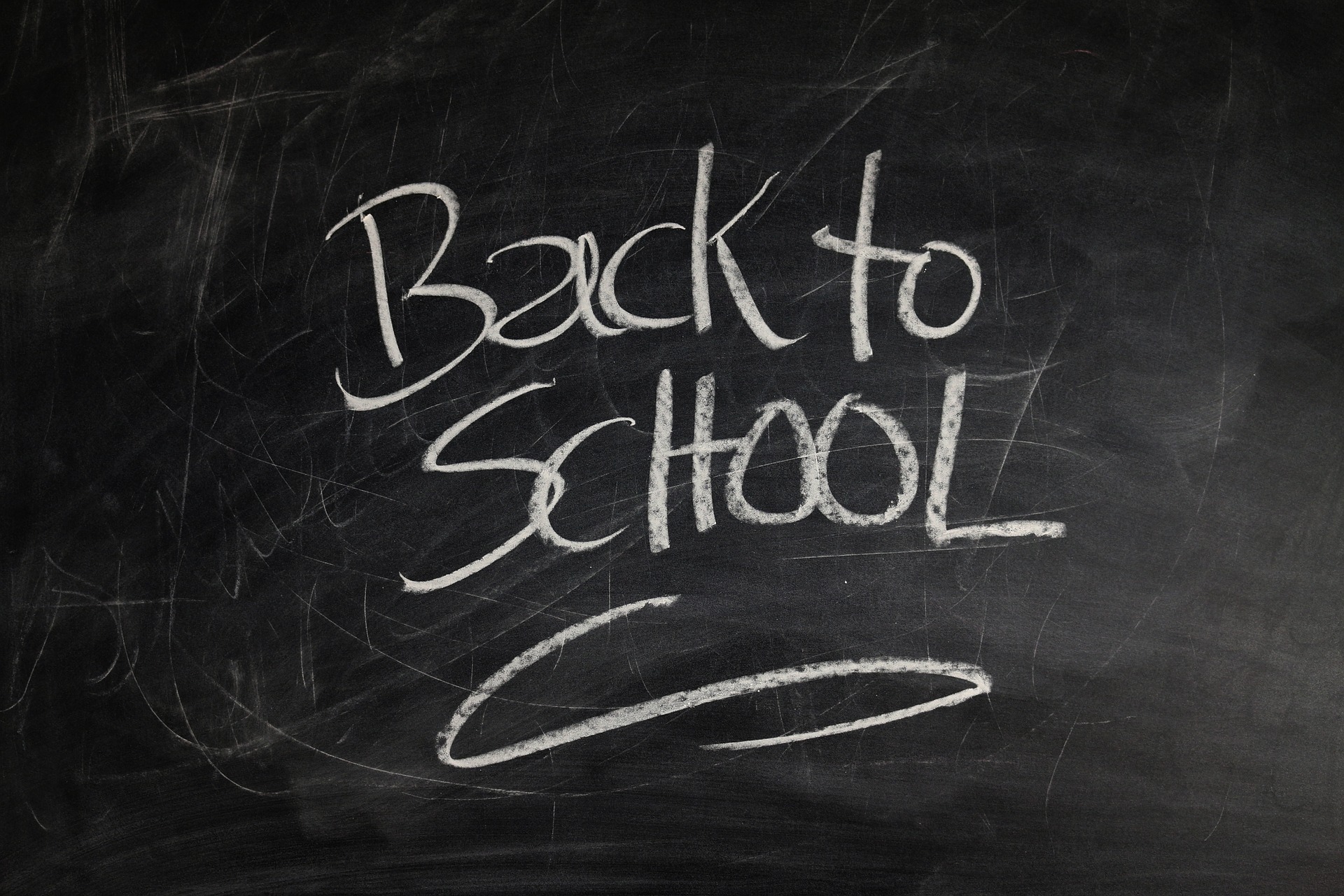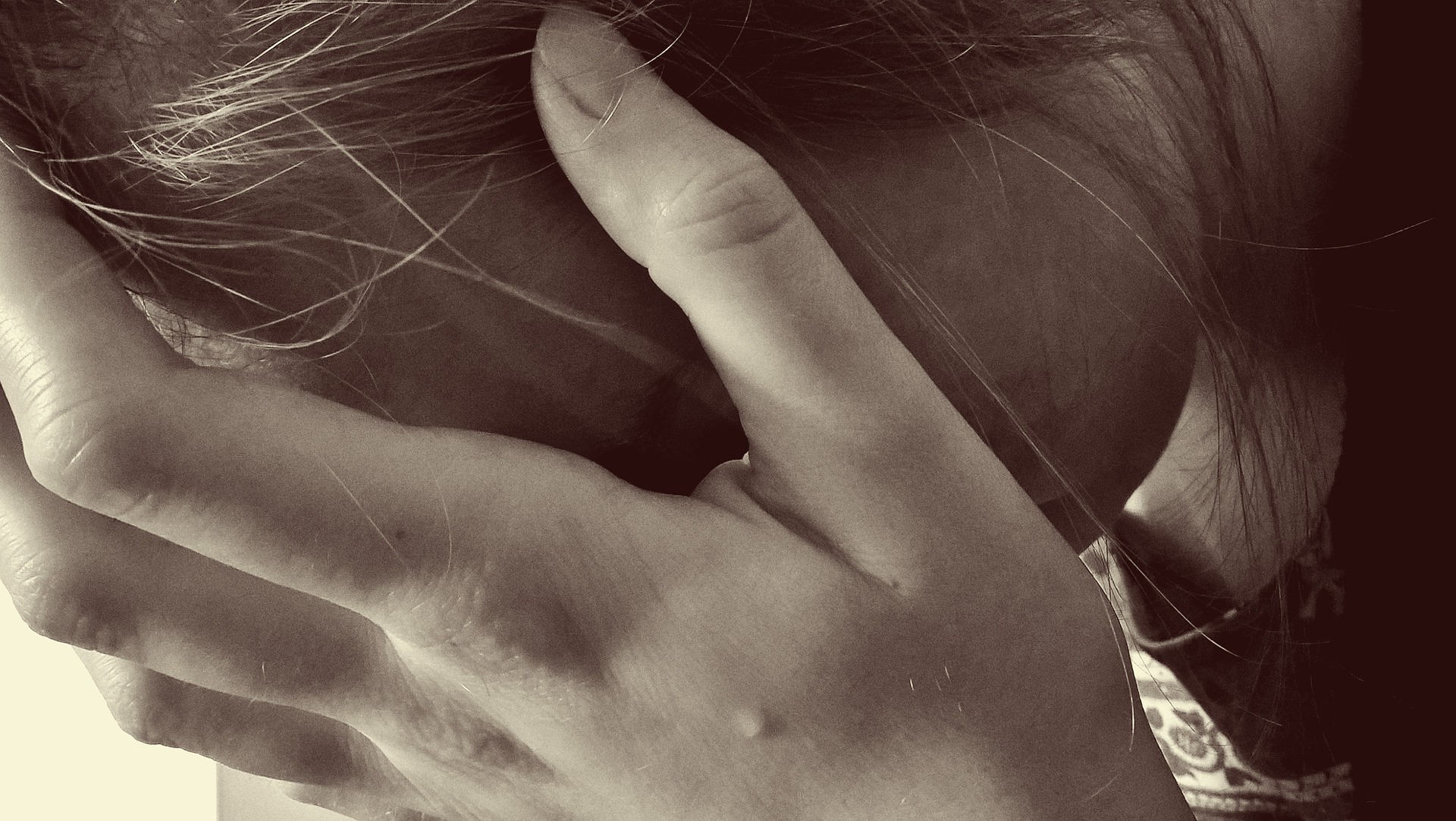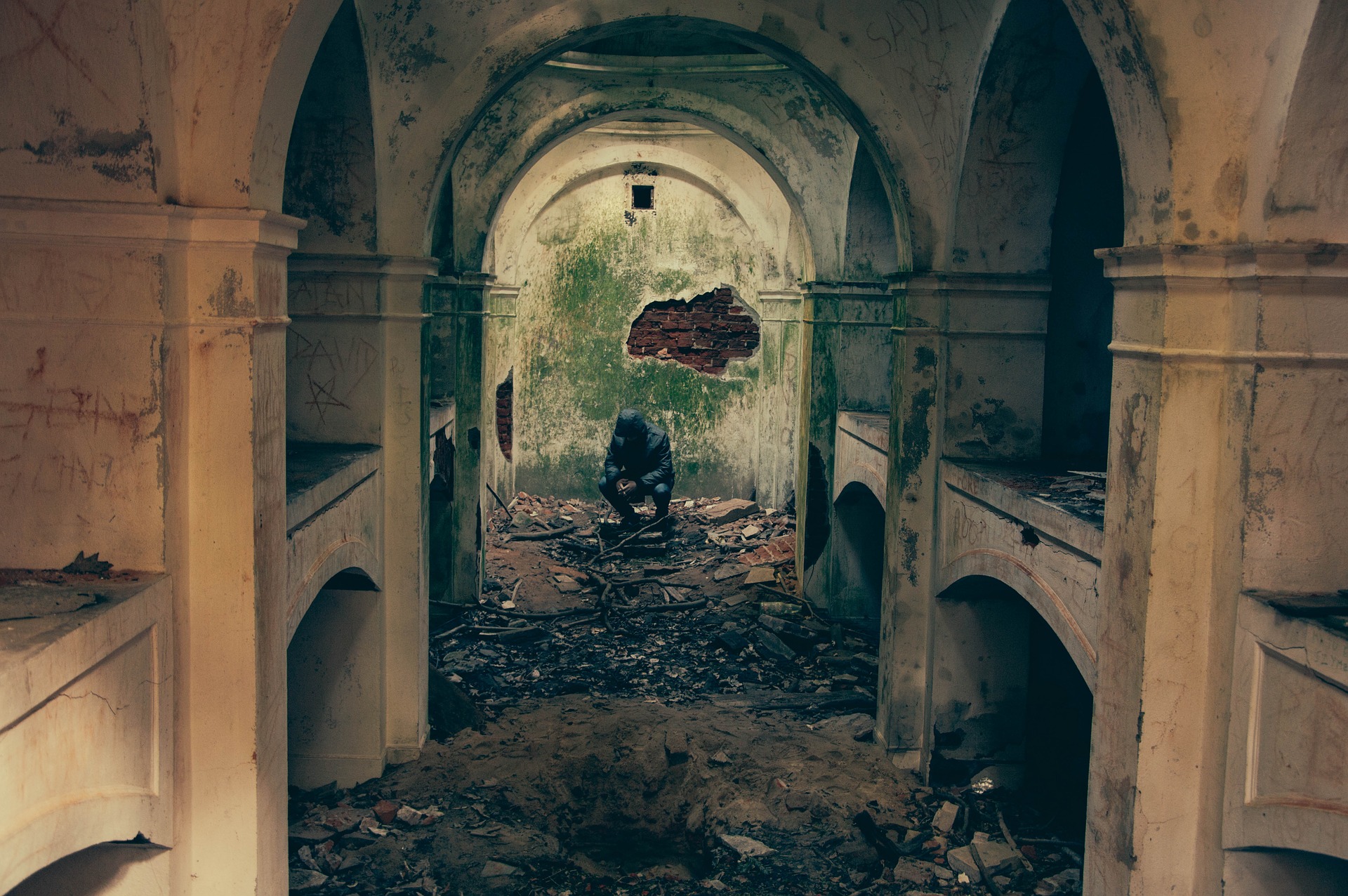I will never forget the first time I experienced real loss. As I shared with you a few weeks ago, I was 16. I had been really lucky until then. All four of my grandparents were alive, and while some of my friends had experienced the death of grandparents, loss seemed a far-away thing. That all changed one day in July. On a bright summer morning at camp, my brother came up to me as I was standing with friends, waiting to be let into the dining room for breakfast. He had come over to share with me the news he had just gotten, that Oren, my former counselor in the scouts, had been killed during his army service in Lebanon. I don’t remember much about the next few hours, but needless to say my heart was broken and I was at a complete loss.
I was lucky. My parents worked at camp, so I was not alone. Later that day, after I slept for a few hours, I had a long talk with my mother. She shared with me her first story of loss, what that was like for her, how she felt, and what she did. Not trying to minimize my pain or my loss in any way, not trying to tell me I would be okay, just sharing her early experience of the pain of loss. I saw my mother differently that day. It never occurred to me that she would know what I felt like. She grew up in America. How could she know?
I learned a few important things that morning.
- Let your daughter be in her pain. It is important to let your daughter feel the pain. We want so badly to take our daughters’ pain away, that we often say things like “it will pass,” “everything will be okay,” “it’s part of life.” Even though we mean well, and it may be true, we are not helping. Being able to allow our daughter to be in her pain, feel it, cry, be sad, be angry or whatever emotion she is experiencing is critical. It is part of the grief process. Whether the loss she is experiencing is death, or a breakup with a boyfriend, the pain is real, and the only way to move through it in a healthy way is to feel it.
- Be present. The best way you can help is to just be there. Be present, be supportive, reflect back what she is feeling. Don’t try to solve the problem, or tell her it will get better. Instead, help her to explore the pain. This may be uncomfortable for you at first. It may bring up your own memories of past pain, or, if this a shared loss, you may have your own pain that you are dealing with. Make sure you keep it about your daughter and not make it about you.
- Allow appropriate time to grieve. This requires a delicate balance, and each situation is unique. Make sure you give your daughter sufficient time to be sad, but don’t let her sit in her sadness too long. One of the important things we need to make sure we do is learn to move on. This is hard to do, but very important.
When I was 16, after that first day, I did not allow myself to feel the pain. I tried to hold it in and deal with it on my own. I did not move on because I did not want to, but also because I did not let people in to share with me. When I got home at the end of that summer, I remember walking down to my scout troop and looking around in amazement. Everything was normal. They had all dealt with the loss with each other and moved on. I had not.
Be there for your daughter and be attuned to where she is. Help her learn to experience the full range of her feelings, and then learn to move forward in her life.
Much love and support,
Tova
P.S.
If this is something you are experiencing now and could use some help, do not hesitate to set up a call today
P.S.S if you missed part 1 check it out here







